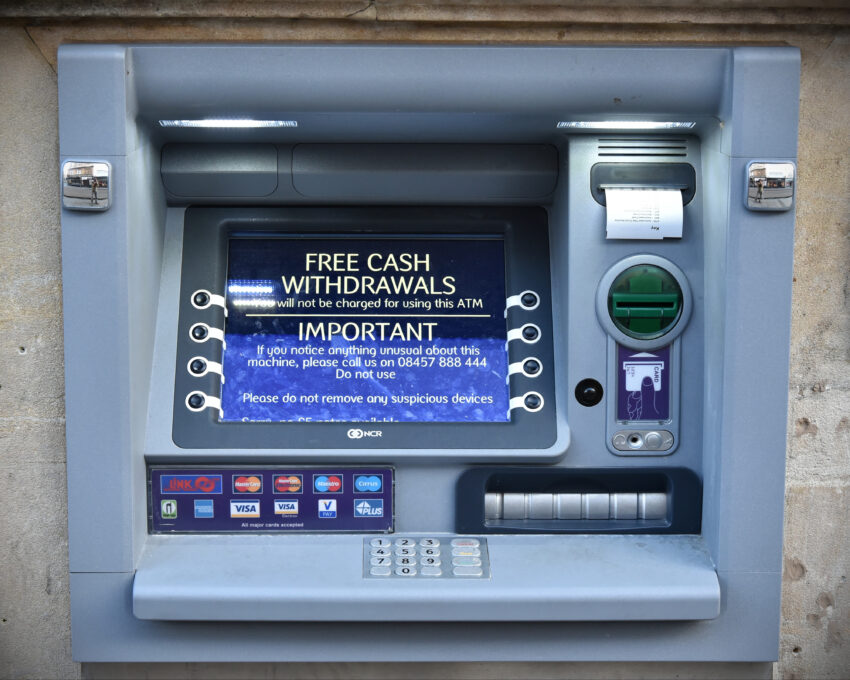Britons are facing a multibillion savings shortfall, despite many putting away extra cash during the pandemic, according to a new report.
The Yorkshire Building Society says the difference between people’s current savings and the amount they would need to feel financially secure totals £371bn.
That’s despite the UK household savings rate more than doubling to 16% in 2020.
With lockdown restrictions reducing outgoings such as commuting costs, some people have found they had an opportunity to save more over the past year and a half.
But Nitesh Patel, strategic economist at Yorkshire Building Society, said there were “still pockets of society who have been more significantly impacted.”
“As the economy gets back on its feet, it’s essential that we remember that many people have been made more financially vulnerable by the impacts of the pandemic,” Mr Patel added.
Over the last 18 months, Britons have made additional savings of £190bn, according to the report, which was written with the Centre for Economics and Business Research.
Millions of others, however, saw their hours or wages cut – particularly those on lower incomes.
The bank’s polling of 2,000 people suggests UK adults require a “nest egg” of £17,465 to feel secure financially.
An extra £7,220 in savings would be needed per person to reach this goal.
The report also measured which cities and regions across the UK were most financially “resilient”, based on its citizens’ ability to withstand a big financial shock, such as the loss of a job or a change in marital circumstances, as well as how likely those events were to occur in 2020.
The north east was described as the least financially resilient region, scoring 40 out of 100. The east of England was ranked top at 61.3.
In some instances, people were able to save more, such as in Scotland, which ranked second, due to tougher Covid restrictions being in place for a longer period of time.


